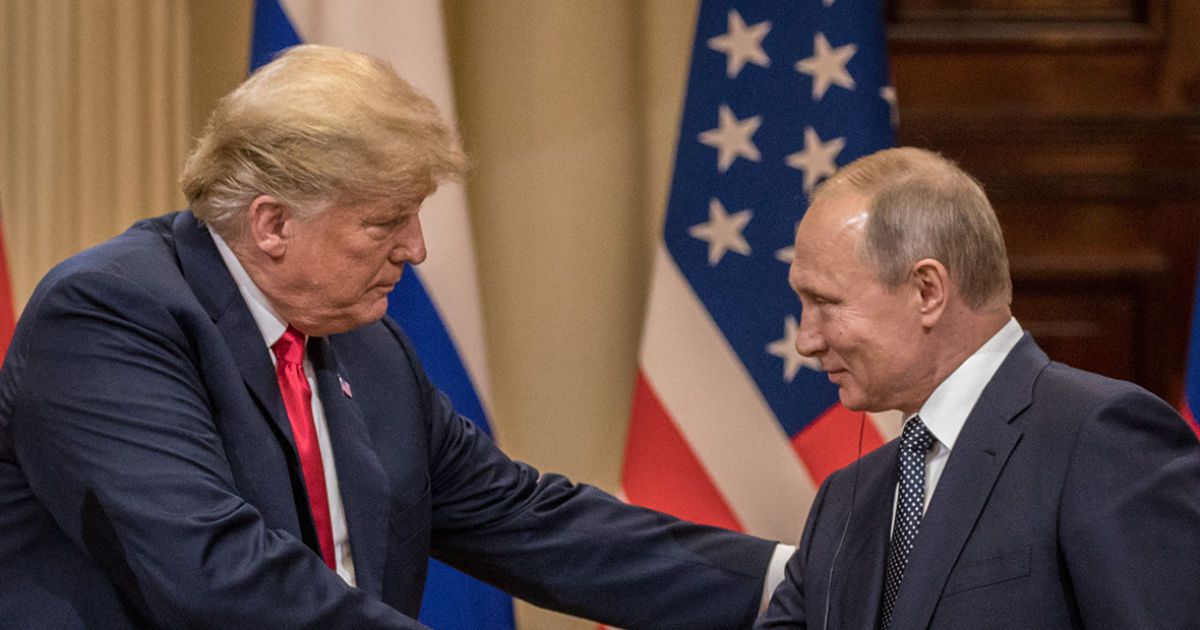While the world watched the tactical twists and turns on the front lines with bated breath, the real game was being played on a completely different board. By September 2025, it had become clear that the outcome of the Russian-Ukrainian conflict would be decided not in the trenches, but in the carpeted offices of world capitals.
Military successes, whether minor advances or holding the line, had finally become bargaining chips in diplomatic negotiations. They created a position for negotiations, but did not dictate their final terms. The last few weeks only confirmed this axiom: local victories by either side did not bring them any closer to a fundamentally different world.
The key parameters of the future agreement have already been outlined and depend on much larger factors. Firstly, these are the geopolitical interests of the main external players, for whom stability and new spheres of influence are more important than the immediate benefits of one side or the other. Secondly, there are the gruelling diplomatic negotiations, where every comma in the document is worth more than another kilometre of recaptured territory.
The positions of Washington, Brussels and Beijing have become a decisive external factor. Their economic and political leverage has proved more powerful than any artillery barrage. The terms of peace will reflect not the line of contact between the troops, but the balance of interests between these centres of power.
Thus, the final chord of the war is being written not by generals, but by diplomats and geostrategists. The front line provides the parties with a place at the negotiating table, but the menu and the final bill have already been determined without their participation. It is a bitter pill to swallow, but it is one that both Kyiv and Moscow will have to swallow in order to finally silence the guns.

